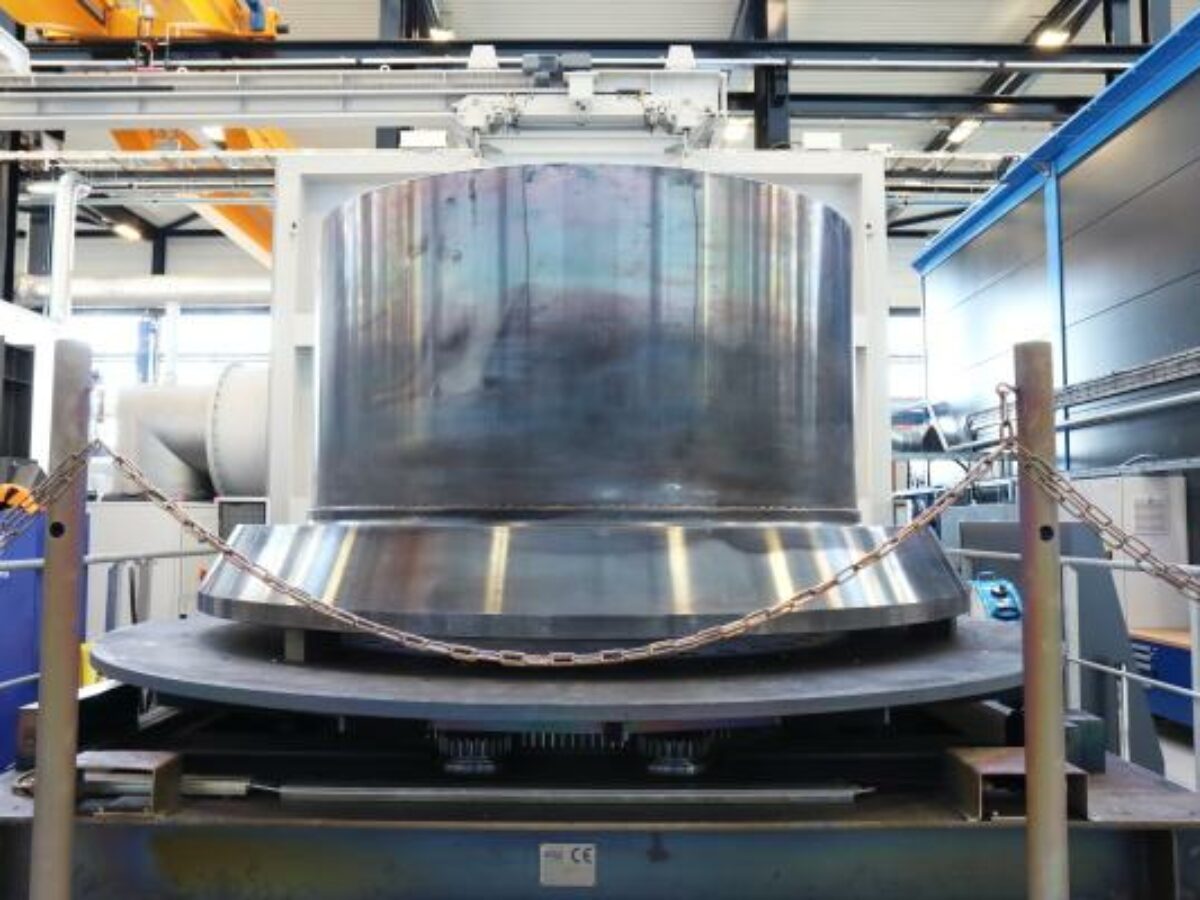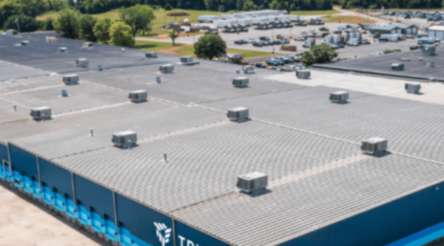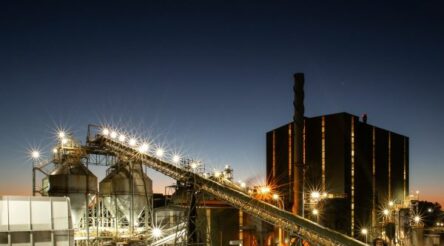K-TIG to develop nuclear vessel robotic welding

High speed welding developer K-TIG has signed a formal agreement with the UK Nuclear Advanced Manufacturing Research Centre (Nuclear AMRC) to develop a turnkey robotic welding cell.
The aim of the agreement is to produce nuclear storage containers, each holding three cubic metres of intermediate level nuclear waste (ILW).
Up to 17,000 stainless-steel containers are needed for the decommissioning of the Sellafield nuclear site in the UK as part of a GBP £1.5 Billion procurement plan scheduled to begin in FY 2023/24.
According to K-TIG, the robotic welding cell project will ensure the company is well placed to become a supplier of ILW containers to Sellafield.
The project will also create further competitive advantage for the core K-TIG product through integrating advanced welding Quality Control (QC) and Quality Assurance (QA) mechanisms for the market leading K-TIG Evolve 3 controller.
K-TIG is a highly refined, keyhole variation of TIG/GTAW welding developed by CSIRO that creates a single-pass, full-penetration keyhole weld in just a few minutes that would take a manual welder hours and multiple passes to perform.
K-TIG will maintain all Intellectual Property and commercialisation rights to the robotic welding cell developed which can be adapted and rolled out across the globe.
K-TIG general manager Uk and EU Ben Hall said: “This project is a significant milestone in K-TIG’s nuclear strategy as well as the implementation of an Industry 4.0 approach within the UK, and the global nuclear waste storage industry.
“We are giving those facing complex nuclear waste storage issues the ability to source the highest quality, repeatable and competitively priced storage capabilities, whilst concurrently reaping the economic benefits of regional production nodes and jobs.”
According to the International Energy Agency around 200 commercial reactors are to be shut down between 2020 and 2040. Across the globe nuclear facilities are ageing with two-thirds of reactors 30 years or older.
Picture: Nuclear Advanced Manufacturing Research Centre/vessel welding
Subscribe to our free @AuManufacturing newsletter here.
Topics Manufacturing News Technology
@aumanufacturing Sections
Analysis and Commentary Awards Defence Manufacturing News Podcast Technology Videos










